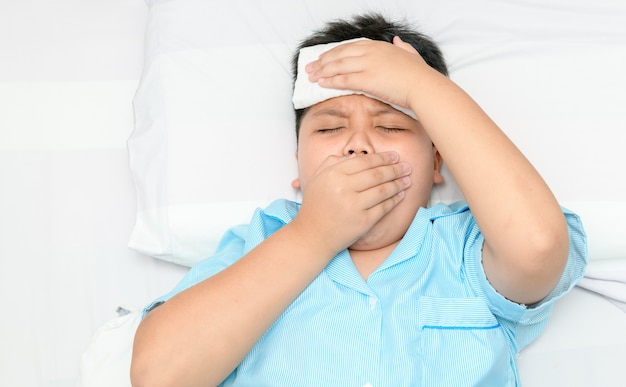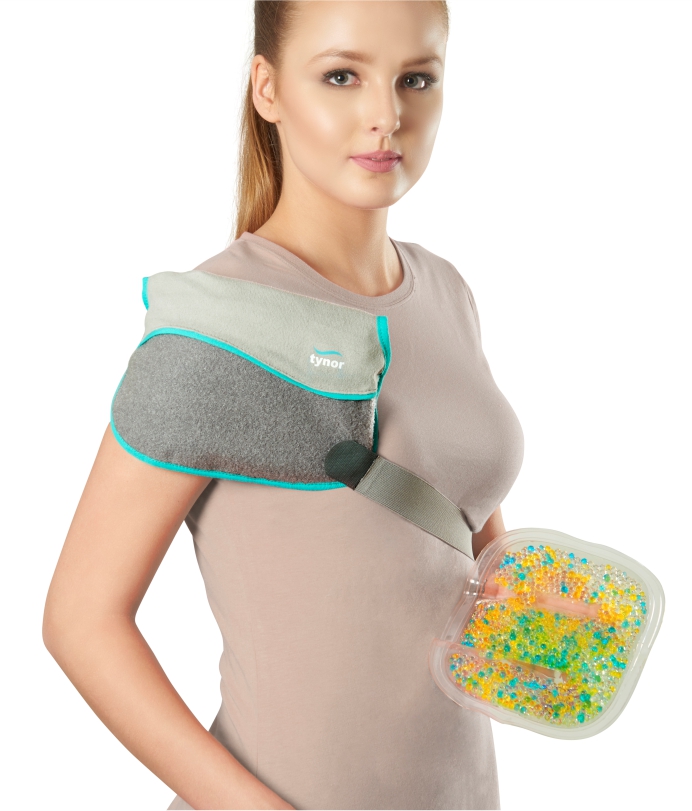
Make sure your child gets sufficient rest and quality sleep. However, it is always better to treat the initial symptoms right away to avoid any possible risks. Normally, it will go away within a few days without causing any complications and serious consequences. ConclusionĪ common cold is one of the major illnesses in children. Provide the paediatrician with all the precise information regarding your child’s condition and all symptoms you have noticed. If your child is less than 6 months of age and is showing symptoms of a cold, contact your child’s paediatrician right away. Some conditions like pneumonia or ear and throat infections are often mistaken for a cold and are not adequately treated in the beginning. When Should You Call the Paediatrician?ĭo not hesitate to contact your child’s paediatrician even if at first glance, this all seems like a simple cold. A simple ritual of washing hands with soap can prevent any further spread of disease and keep them healthy. Your little one should form a habit of washing hands regularly, particularly after coughing and sneezing, using the potty, and before eating. Good hygiene is crucial to help your child recover faster. Warm soup can also prevent dehydration and provide your child with the necessary nutrition when they do not have much appetite. Lemon juice is an excellent source of vitamin C, while honey can soothe the symptoms of a sore throat. Warm water with lemon and honey can loosen up congestion and stuffiness. Moreover, it helps thin mucus secretions, diminishes headache, and strengthens your child’s immune system. Adequate hydration plays a role in making coughs and nose blowing more productive.

For infants and babies, place a couple of drops in each nostril and use a suction (nasal) bulb to suck out the mucus.ĭrinking enough fluids is always important, especially when your child has a cold. Saline sprays are safe and suitable for kids of all ages because of their natural and non-medicated formula. They break down accumulated mucus letting your child breathe freely. Saline nasal sprays are also effective in dealing with a runny or blocked nose.

Put it in your child’s room next to the bed or anywhere close to where your child is resting. Dryness in the air often worsens the symptoms, whereas a cool-mist can loosen congestion, making it easier for your child to breathe. Using a humidifier (or vaporizer) can be incredibly helpful in treating a stuffy nose. Your paediatrician will be able to advise you on the right medicine and dosage appropriate for your child’s age and weight. For infants younger than three months of age, you should contact your paediatrician right away. Always consult your paediatrician before giving any medication to a child under 2 years old. Most fevers don’t require medication, and you can cool your toddler down with a cold compress on his forehead. Treat A Feverįevers are an indicator that the body is fighting an infection. *Please note that you should contact your child’s paediatrician for medical treatment if your child’s cold or fever persists for more than 3 days and symptoms get worse. How can you treat your child’s cold and help your little one feel better while their body is fighting the virus? Here are 5 tips that will assist you in treating your child’s cold. Sore or scratchy throat (which can be difficult to spot in a toddler).

Runny nose (discharge is watery at first, then the mucus becomes thicker, opaque and sometimes yellowish or greenish).Fortunately, most toddler cold symptoms aren’t very severe, and here are some common ones:

Symptoms of the Common ColdĬommon cold symptoms in a toddler typically start with a runny nose, sneezing and ends with a cough that often flares up at night. The good news is most toddler colds and mild fevers go away on their own - and getting sick often builds up the immune system, helping your little one to fend off the next bug that comes their way. For most children, colds are not dangerous and carry no harm to their overall health. A typical child will have at least 6-8 colds a year, or even more if your child attends school where they are in close contact with one another.


 0 kommentar(er)
0 kommentar(er)
